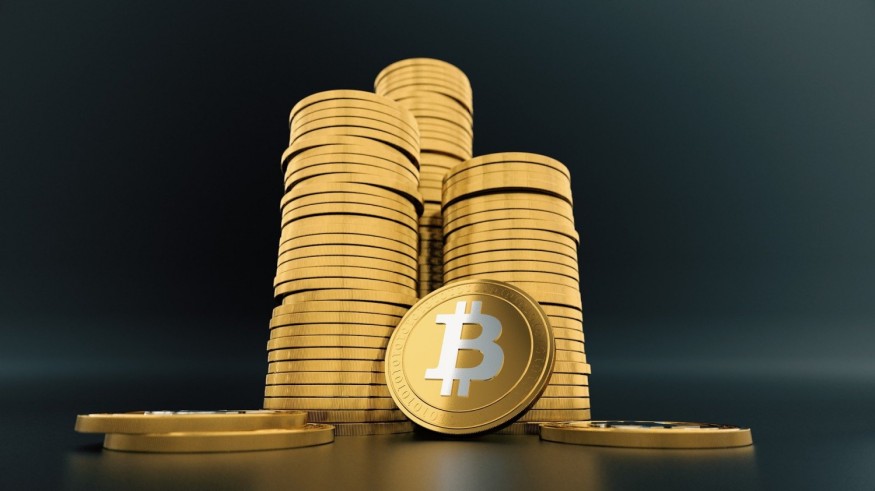Bitcoin Versus Gold: Which Is The Better Hedge Against Inflation

As the world economy slips deeper into recession because of the pandemic, there is just one word on everyone's lips- Inflation! This phenomenon is not new. Historically every time we have had droughts, pandemics, wars and other calamities, traditional fiat currencies start devaluing. This is what gives rise to inflation.
In this article, we are going to analyze two greatest hedges against inflation- Gold and Bitcoin. We are also going to look at the performances of both of them in during the pandemic. In addition, at the end of the article, we will pick a winner as to which is the better hedge against inflation.
What do you mean by Inflation?
Inflation is an economic term, which understands or defines the value of a currency and determines its purchasing power. It is usually associated with a rise in the price of essential and non-essential goods like food prices, fuel (petrol and diesel), housing, apparel and other products.
For example, a situation of Inflation persists if One Dollar loses value. Imagine buying ten eggs with one dollar in the month of August 2020. If in the month of September, the same ten eggs cost three dollars, then what you are witnessing is inflation.
If a country's currency is devalued, it loses its purchasing power. When the purchasing power goes down, inflation starts affecting the economy. Meaning, your salary or earnings are the same, yet you can buy reduced quantities of what you used to.
What do you understand as a Hedge against Inflation?
Have you ever wondered why Gold keeps rising in prices whenever there is an economic problem? This is because gold has been devised as an asset base, which protects your earnings and investments even if the market goes bad. This is known as a 'Hedge' against Inflation.
Historically, any asset base, which is of a finite quantity like gold, has always been used to protect investments whenever currencies have lost purchasing power. The recent growth in the prices of gold ever since the start of the pandemic shows that people still trust gold to be a solid hedge against inflation.
Every single economic depression has seen the important role played by gold. This has also led to many controversies in history. For example, during the last great Financial Depression of the 1920s, the then US President, Franklin D Roosevelt, ordered that all gold in private possession be seized as it was showing his government in a very poor light.
In a recent piece of news, the Communist state of China too has according to some reports, started seizing gold from its population. This goes to show that gold always threatens governments, as it is one of the most stable sources of value.
Can Bitcoin ever be a Stable Hedge against Inflation?
The past few months of the pandemic have amply shown that in addition to gold, Bitcoin is emerging as a stable hedge against inflation. The growing prices and valuation of Bitcoin in the pandemic have made retail investors as well as Wall Street brokers adopt the crypto as a stable hedge against inflation.
Investors are protecting themselves by investing in assets like gold and Bitcoin as opposed to mutual funds and SIPs. Real Estate too, as an asset is having trouble maintaining value during the pandemic. This leaves gold and Bitcoins as two of the most stable asset bases to help tide over the inflation.
Bitcoin has a few advantages over gold. This relates to storing the asset and using it as a form of transaction. Unlike, Bitcoins, gold is just a store of value, and not a currency. Bitcoin is both a store of value, in addition to being more mobile and fluid. This makes it an attractive asset to invest in and as a solid hedge against the rising inflation.
Conclusion
While sceptics feel that it is still early days to announce Bitcoin as a strong hedge, others feel that the time is right. With more and more people investing in Bitcoins through the Infinity Trader, it is important to understand what the future holds for gold and crypto as a hedge against inflation.
Subscribe to Latin Post!
Sign up for our free newsletter for the Latest coverage!















